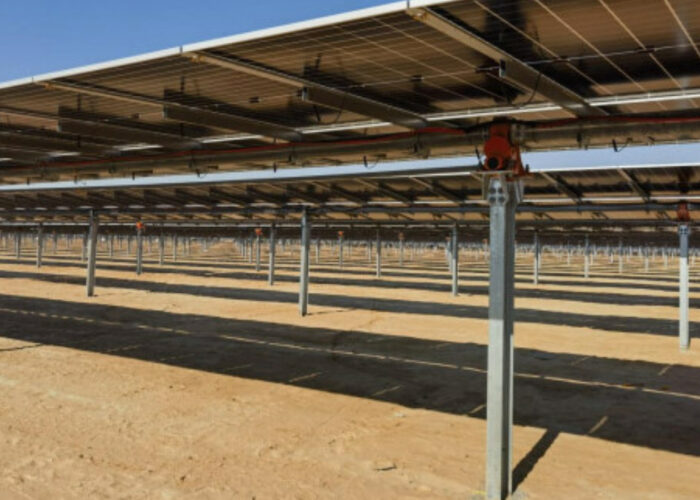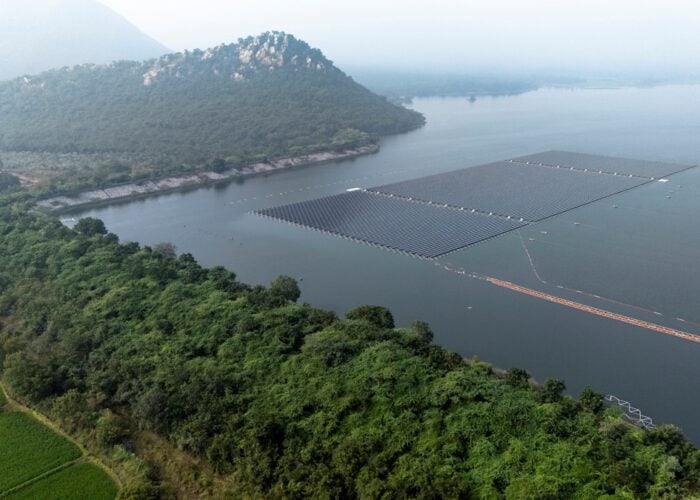The Massachusetts state legislature broke for the summer without approving a raft of new solar policies. An extension to the state’s net metering programme offered scant consolation.
Public solar projects have seen their allowance increase from 3% to 5% of the utility’s historical peak load. The cap on private installations has increase from 3% to 4%.
Try Premium for just $1
- Full premium access for the first month at only $1
- Converts to an annual rate after 30 days unless cancelled
- Cancel anytime during the trial period
Premium Benefits
- Expert industry analysis and interviews
- Digital access to PV Tech Power journal
- Exclusive event discounts
Or get the full Premium subscription right away
Or continue reading this article for free
Broader reforms in bill H 4185 did not pass. Instead the formation of a task force to monitor progress towards Governor Deval Patrick’s objective of installing 1600MW of solar by 2020 was agreed.
“This action makes it clear that the Massachusetts legislature recognises the many benefits which solar investments bring to the Commonwealth,” said Rhone Resch, president and CEO, Solar Energy Industries Association (SEIA).
“While we are disappointed that H 4185 did not pass, leaving the solar industry with an uncertain business climate, SEIA is proud of the hard work we did with other solar stakeholders to find a workable framework, and we look forward to working with the legislature and the task force to build on that compromise.”
The H 4185 bill would have removed the net metering cap entirely, made Governor Patrick’s PV goal legally binding and replaced the solar renewable energy credit (SREC) incentive system with a new tariff with in built regression.
It would also have introduced a “minimum bill” to help placate utility companies that feel net metering means solar customers do not pay their fair share of grid costs. Monthly charges for PV customers in other parts of the US have proven unpopular.






